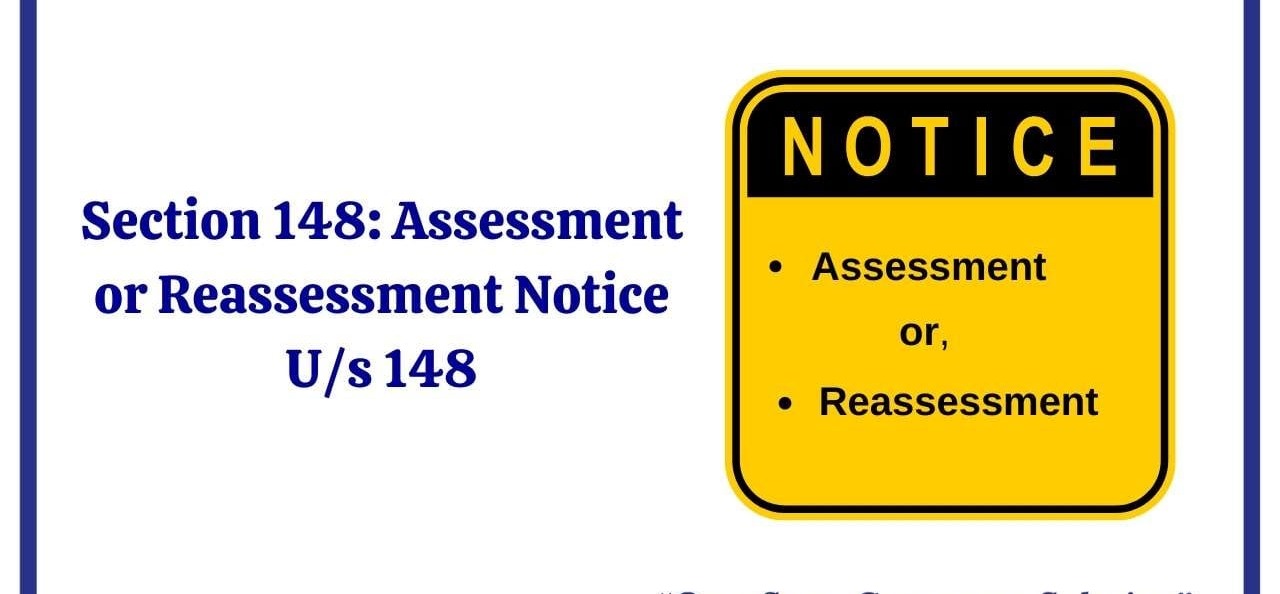@JUDGMENTTAG-ORDER
R.P. Gupta, J.
This appeal is directed against the final award dated 31-10-1995 of II Motor Accidents Claims Tribunal, Raisen, in Claims Case No. 25/95. A sum of Rs. 63,000/- was awarded by the tribunal as compensation to the claimant (respondent 1) in his capacity as legal representative of deceased Sunita Sahu who was his wife. The death occurred in a road accident in which erring vehicle was C.P.D. 7025 which is a passenger bus. The deceased was one of the legal passengers in the bus when the accident occurred.
The only dispute raised in the appeal by the learned counsel for the insurance company is that its liability to indemnify as owner of the bus has been made full to the extent of Rs. 63,000/-. The argument is that as per provisions of section 95(2)(b) of the Motor Vehicles Act, 1939 (hereinafter referred to as the Act), the liability per passenger is Rs. 15,000/-. The argument is that as per the policy the amount of premium charged per passenger was Rs. 12/- as the total amount Rs. 528/- was charged for 44 passengers. This amount of Rs. 12/- per passenger is valid for covering liability of Rs. 15,000/- for one passenger. It is argued by the appellant that this fact has been recognized by the Apex Court in its judgment cited at
The insurance policy which is on record also shows that the premium of Rs. 528/- was received for all the passengers and it is specifically mentioned therein that it is limited to passenger as per provisions of the Motor Vehicles Act, 1939.
Learned counsel for the appellant has further brought to the notice of this court another pronouncement of the Apex Court cited in a case of
"Comprehensive insurance of the vehicle and payment of higher premium on this score, however, do not mean that the limit of the liability with regard to third party risk becomes unlimited or higher than the statutory liability fixed under sub-section (2) of section 95 of the Act. For this purpose a specific agreement has to be arrived at between the owner and the insurance company and separate premium has to be paid on the amount of liability undertaken by the insurance company in this behalf. Likewise, if risk of any other nature for instance, with regard to the driver or passenger etc., in excess of statutory liability, if any, is sought to be covered, it has to be clearly specified in the policy and separate premium paid therefor. This is the requirement of the tariff regulations framed for the purpose."
Section 95(2)(b)(ii) of the Act which is relevant provision for the purpose of the present case, may be noticed at this stage. It is as under :-
"Subject to the proviso to sub-section (1) a policy of insurance shall cover any liability incurred in respect of any one accident upto the following limits, i.e. -
(a)---------------------
(b) where the vehicle is a vehicle in which passengers are carried for hire or reward or by reason of or for pursuance of a contract of employment,
(i)------------------
(ii) in respect of passengers a limit of Rs. 15,000/- for each individual passenger."
This sub-clause (ii) was substituted for the original sub-clause (ii) on 1-10-1982 by the Motor Vehicles Amendment Act, 1982 (Act No. 47 of 1982 by section 30 of the Amending Act). So w.e.f. 1-10-1982 the limit of minimum liability per passenger under this provision was increased to Rs. 15,000/-. Earlier provision was that total liability was to be Rs. 75,000/- in all for all the passengers in a vehicle carrying more than 30 passengers and less than 60 passengers. So in the Amending Act the minimum limit was enhanced to Rs. 15,000/- per passenger. Of course, this provision meant that insurance shall be for not less than this money. It could be for more liability and if the liability to be covered is more, then higher premium has to be paid as per recognized tariff rates. This aspect was recognised by the Apex Court in Shantibai''s case (supra) already referred. When we read the provision of section 95(2)(b)(ii) along with the entries in the policy of the present vehicle for the relevant period i.e. December, 1982 to December 1983 (this accident had taken place on 5-9-1983), it becomes clear that no extra premium was charged for enhancing liability per passenger of the insurance company.
Learned counsel for respondent No. 2 argued that provisions of insurance are beneficial provisions for those who become injured and they have to be interpreted with an object favourable to the beneficiaries of the insurance and not from purely commercial view, in favour of the insurance company.
On consideration of the policy and provisions of the Act referred above and considering the interpretation of them by the Apex Court, it is clear that the liability of the insurance company was specifically limited to the minimum as provided under sub-section 95(2)(b)(ii) of the Act. No premium for enhancement of this liability was paid per passenger, so the liability of the insurance company to indemnify per passenger does not exceed Rs. 15,000/-. The assertion of the insurance company to this extent is justified.
No other point arises in this appeal. Of course, this does not mean that so far as the claimants are concerned, they are not entitled to get the awarded amount. The awarded amount is payable to them from the owner and to the extent of Rs. 15,000/- from the insurance company also.
The appeal is accordingly partly accepted and award is accordingly modified. The liability of the insurance company in respect of interest shall be proportionate to the compensation payable by it. I, however, make no orders as to costs of this appeal.

